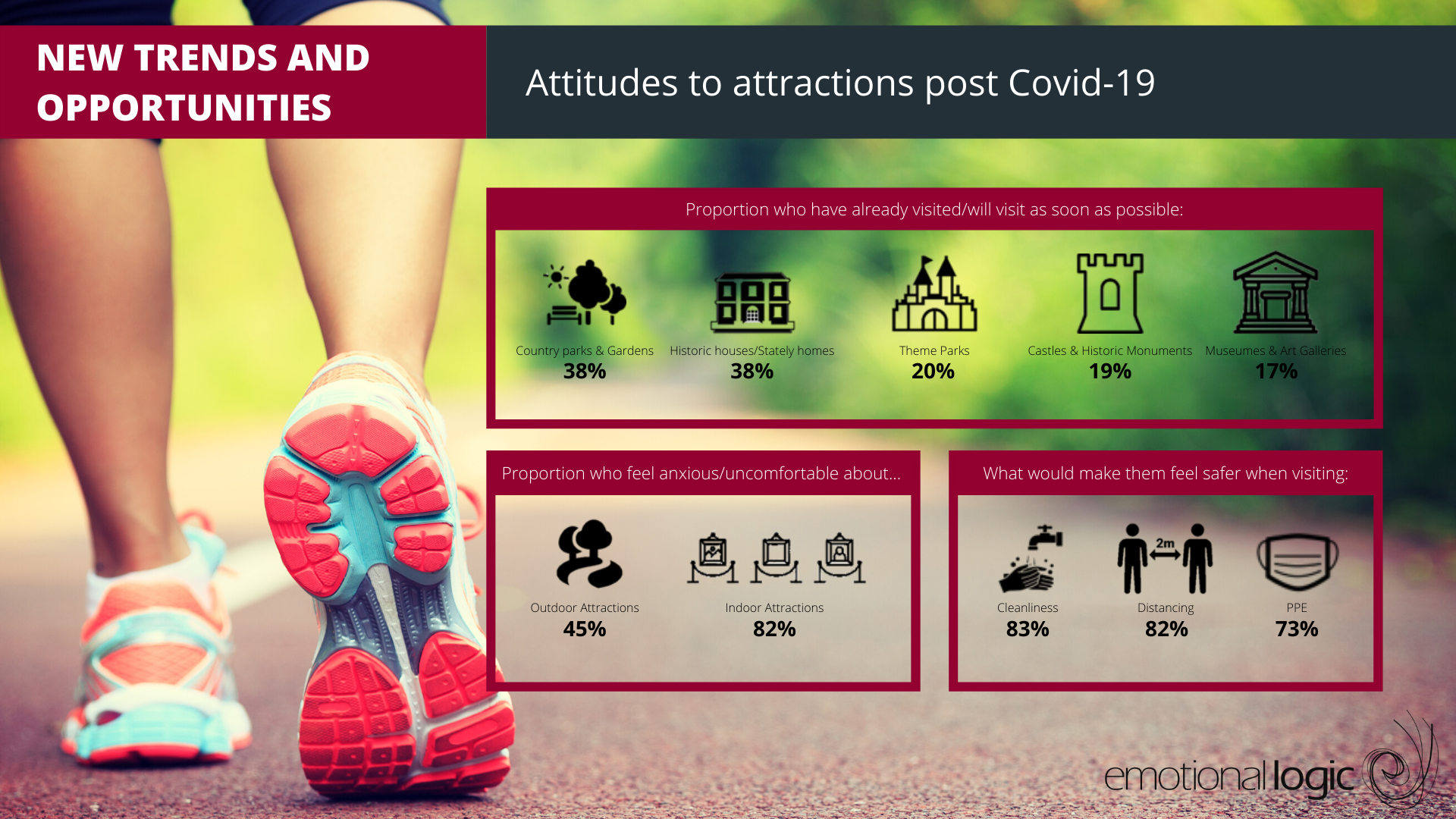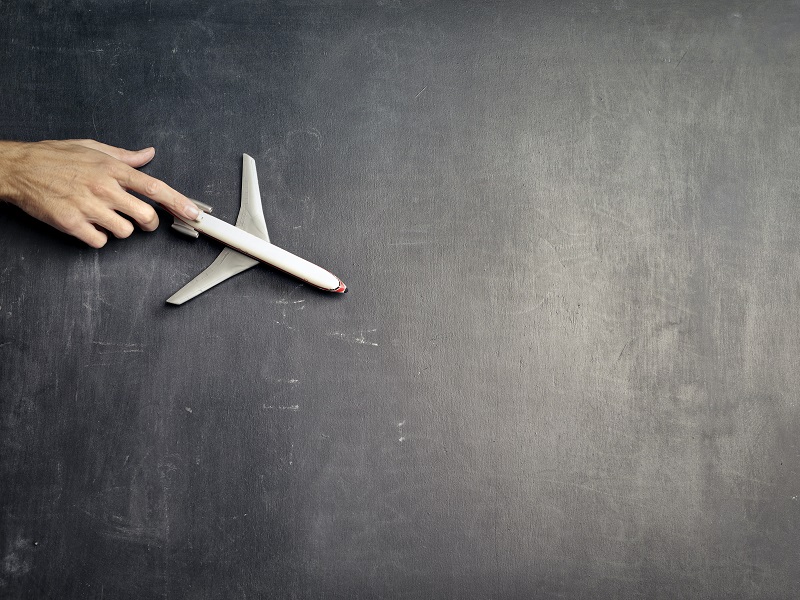Happy World Tourism Day!
On the 27th of September every year, the world celebrates the World Tourism Day - this was established by the UN World Tourism Organization (UNWTO). The overall aim of World Tourism Day is to raise awareness that tourism is key to the international community and to show how it affects several factors worldwide such as, social, cultural, political and economic.
Zurab Pololikashvili, the UNWTO Secretary-General has said, "Tourism helps rural communities hold onto their unique natural and cultural heritage, supporting conservation projects, including those safeguarding endangered species, lost traditions or flavours."
Travel & Tourism
The COVID-19 pandemic had brought the travel and tourism industry to a stop. However, the world is beginning to move again and people are starting to venture outdoors again - so what can this industry expect?
Outdoor activities and holidays will start to see a dramatic increase in bookings - mainly because this is where the public feel safest. Camping and caravanning holidays are focused on being outdoors, usually in fantastic locations (that are already socially distanced) and with plenty of activities - such as trekking, cycling and visiting country parks & gardens.
UK attitudes to attractions post COVID-19

People will be returning their focus to travelling to local destinations and will plan more day trips within their own region instead of travelling long distances.
As it can be noticed, country parks & gardens (38%) and historic houses/stately homes (38%) are the first places people have already visited/will be visiting 'as soon as possible'. But there are worrying signs for indoor attractions such as, theatres, live concerts and galleries as 82% of people are uncomfortable about visiting these destinations - research has shown that between 25% to 28% of people would rather wait for a vaccine before heading back again. People want to feel safe in these environments.
In a report from A Different View, it was highlighted that there is a significant difference in age, gender and life stage in those who are most likely to return to attractions - which is extremely important for marketing and advertising! For example, people aged over 55 are less likely to visit any type of attraction and are more likely to have a 'wait and see' approach.
Likewise, those with a family (children under the age of 16) will be more cautions in comparison to families with children over 16 or independent adults. They are more likely to visit attractions straight away.
Along with outdoor attractions - cafes, pubs and restaurants with outdoor seating is preferred in comparison to cinemas and pubs without beer gardens. People want to be able to be in open space where social distancing is applied. Those that are fully indoors might struggle to have people visiting, to give consumers full confidence ensure the whole facility is clean, compliant with social distancing and staff/the public are wearing full PPE.
How to meet guest expectations
Guest expectations have never been static, but in many cases, the COVID-19 pandemic accelerated their need for hygiene and cleanliness. Businesses will have to adapt to the new normal to meet their needs - this change will be permanent.
1. Social distancing
Attractions have had to adapt social distancing in several ways - from changing their layouts, closing off certain sections, and reducing their operating capacity. Adopting measures such as queueing, food and drink table service/via apps, and cashless payments can help attractions to meet guest expectations for social distancing post-COVID-19, without making it too expensive.
This allows businesses to move forward and stay within consumer expectation.
2. Communication and limited guest confidence
Attractions that are making conscious efforts to communicate with their consumers the changes that they are making will have a huge impact. Consumers knowing that safety and hygiene is a priority will inspire them to visit - knowing they're safe.
3. Changing demographics
Due to lockdown and government guidelines, guest profiles are set to dramatically change. The audience base for a lot of businesses will be Millennials and Generation Z, therefore a high digital presence is advised so you can connect and engage with the audience.
4. Personalisation
When visiting attractions guests want personalisation - it is part of the whole experience. For attractions, achieving a personalised on-site experience means allowing guests to feel like their visit is unique. This could be targeting guests with customised messaging or giving access to personalised offers and deals that might best suit them.
The economic constraints created by operating in the new normal will be a change for the travel and tourism industry. However, attractions must remain relevant and grow to succeed. Understanding how guests’ expectations are changing is key to succeed, especially post-pandemic.
Whether you need insight to adjust your strategies to the new normal or are thinking about launching new services we can help you get it right. Emotional Logic is a specialist behavioural insight agency and we offer a range of cost-effective research solutions to ensure your strategy connects with the constantly shifting needs of the consumer. Please get in touch for a free consultation.
